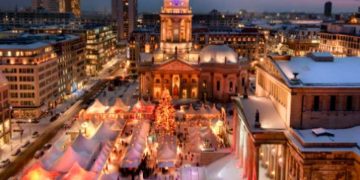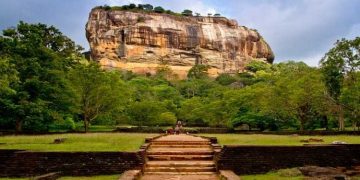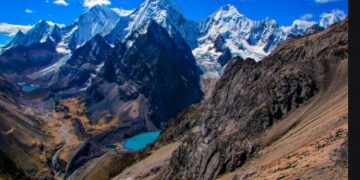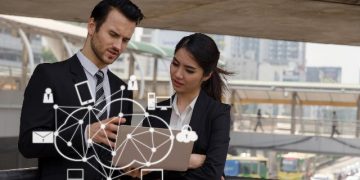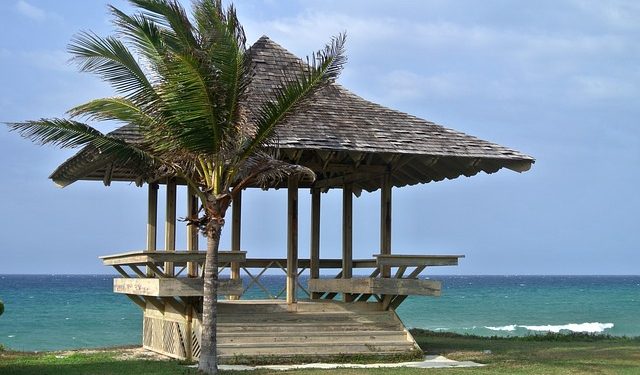Over the past five years, the Indian community in Jamaica has raised a lot of questions regarding its lack of representation in the tourism industry. The past two decades have witnessed a sea change in this Caribbean island nation that prides itself on its diversity. A lot of people are now demanding that their beloved Caribbean island get more representation because the current population is getting more majority non-native. There are a few major reasons behind this shift in the social dynamics of this country.
The first one is the influx of large numbers of immigrants from across the globe. This group of individuals hailing from countries like India, Pakistan, Bangladesh, and Afghanistan. They have now settled down in Jamaica and are undergoing the process of assimilating. This means they have adapted Jamaican culture and language including their dances, mannerisms, and even their food. And all this has led to an increased sense of identity among the Jamaican community.
Another reason is the influx of expatriates and foreigners to the island. These expatriates either work in the cities or in the more remote rural areas where there is little community interaction. A result is a group of individuals who live in a vacuum and have no true Jamaican identity. As a result, the community in Jamaica is shrinking and is likely to become extinct over the next decade.
The third reason is the breakdown of the social order in the cities. This breakdown is perhaps the biggest challenge faced by the Jamaican community in the coming years. As a result, many crimes are perpetrated against members of the community. This could be a consequence of insecurity that has gripped the entire island in recent years. It is also a reflection of a lack of security for all.
But most importantly, the disappearance of identity is the biggest challenge the community faces. The last fifty years have seen the integration of almost all aspects of life on the island. But in the last twenty, the communal identification was lost. Instead, people began to look at themselves as members of different tribes, and this resulted in discrimination against them. For example, some communities were forced to integrate with the outsiders, and others began to shun all foreigners.
What can be done to reverse this process? Some analysts argue that Jamaican society needs to embrace a return to a simpler time. They point out that traditional cultural norms, including notions of gender roles, were greatly devalued in the post-colonial period. In fact, some analysts say that such notions as gender equality and equal rights were openly rejected by the Jamaican people during the colonization period. But this does not mean that these values are no longer regarded as essential to the Jamaican culture.
What then can be done to encourage the Jamaican people to accept and value their heritage? Some analysts say that it might simply require a re-education process for the younger generations. People need to understand and appreciate the differences between the cultures of West Africa and that of the Americas. It is also important for the younger generation to learn from the past and to create a future that does not forget or exclude the traditions of the past. This, they argue, is the best way forward.
But others argue that there is little that the present can do to stop people from discriminating against the Jamaican community. After all, what good will a Caribbean island that is largely white and European do if other communities are not integrated and flourish? And if integration is denied, there will be little unity emerging. As one Jamaican writer put it: ‘Integration is not about creating cultures but about creating individuals who are equally’.









